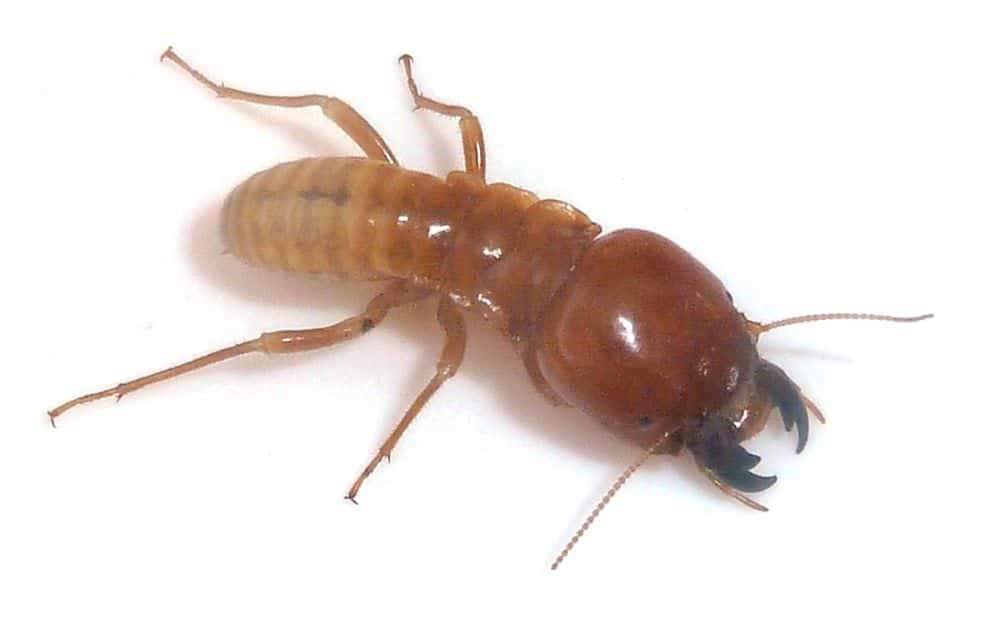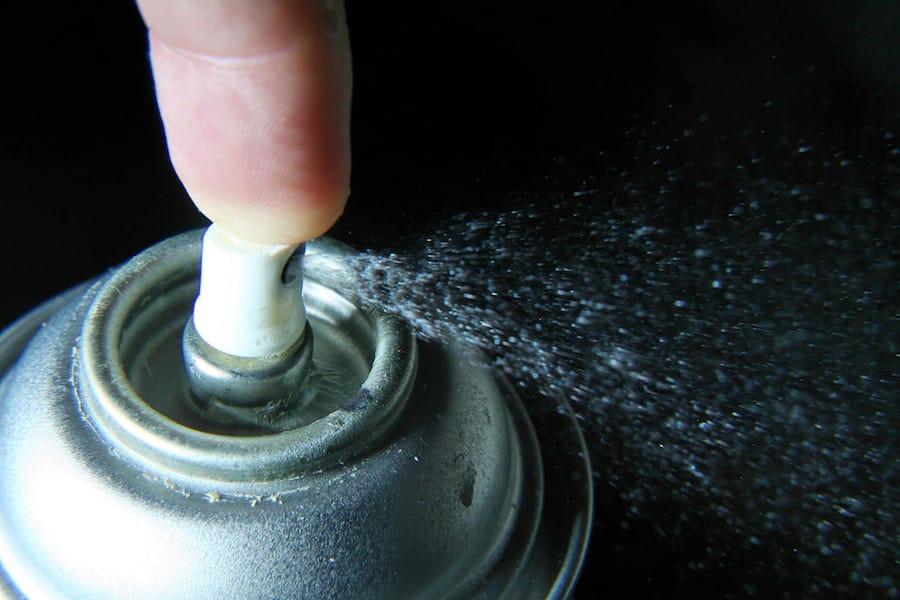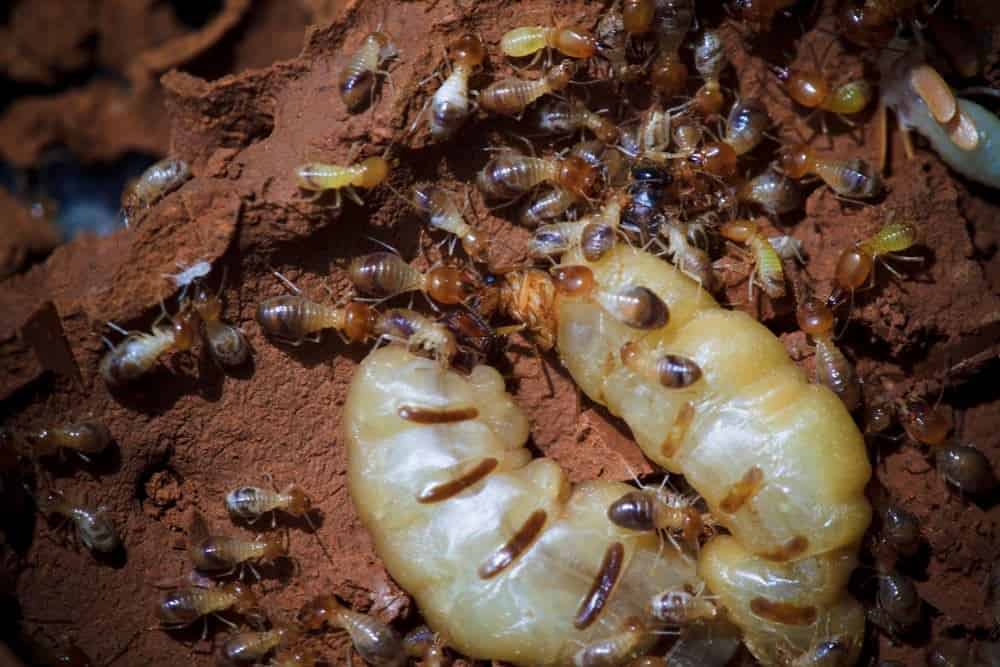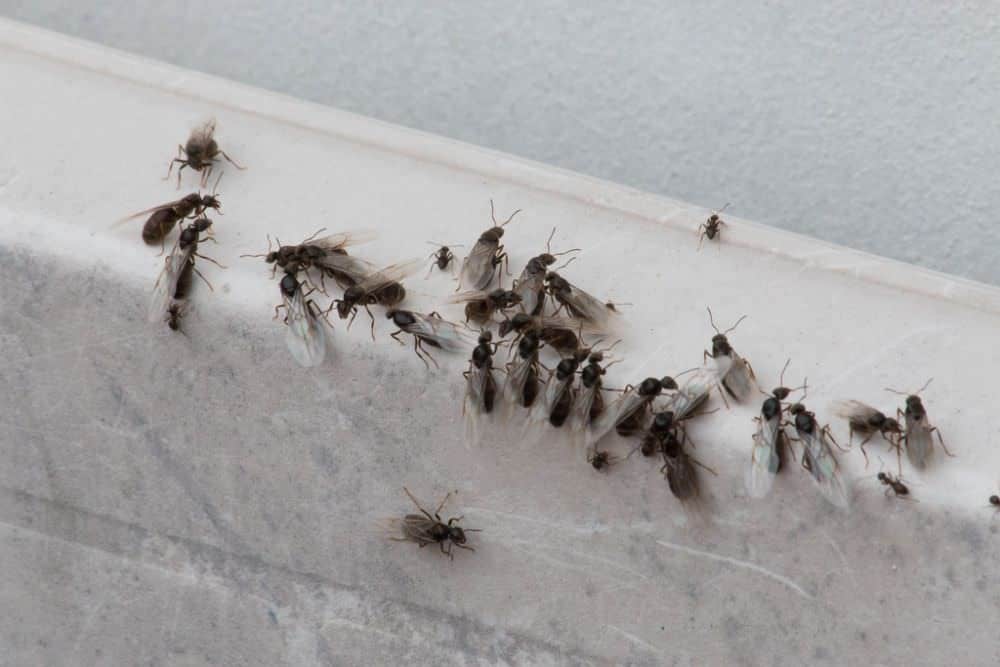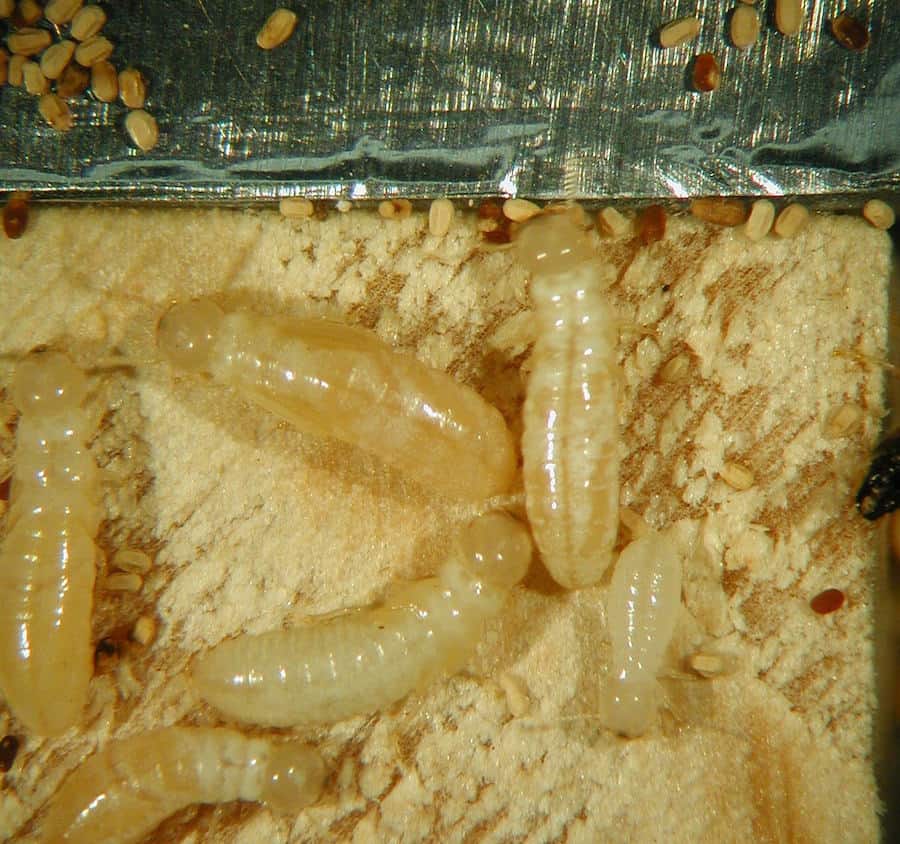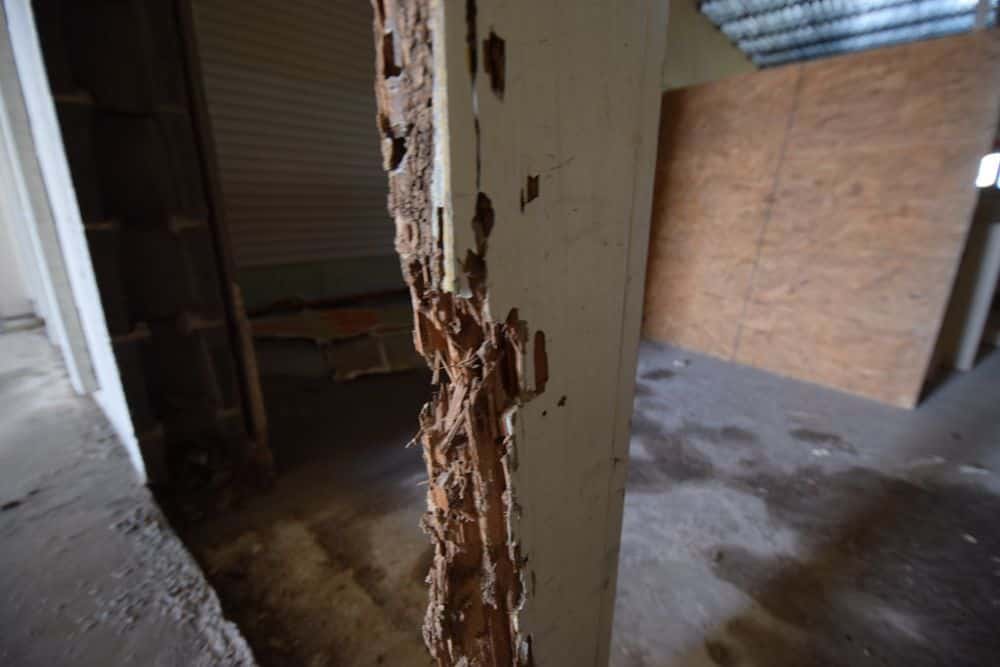Do Termites Bite?
As if having a pest in your home—actively destroying the structure, I might add—isn’t enough to be concerned about. You also need to worry about whether or not termite bites from these pests will do physical harm to you or your pets.
We all know bug bites can be annoying and uncomfortable. Some of them can be downright dangerous. If you’re dealing with a termite problem, you should know exactly what you’re facing if you are bitten.
Have you ever found yourself thinking you might have been bitten by a termite? Have you wondered if termites are even capable of biting? If you have, you don’t need to wonder any longer. By the time you’ve finished this article, you’ll know more about termite bites than you ever thought you’d need to know.
Will Termites Bite Humans?
It might be something from one of your nightmares. You find termites in your home. You’re immediately besieged by horrible scenarios that involve termites crawling on you, biting you relentlessly.
But will any of those scenes become reality? The unnerving truth is that soldier termites do have the ability to bite humans. That’s the not-so-good news.
There is a silver lining, though, and it’s this. Even though termites have the ability to bite people, they usually don’t. In recorded instances where people have been bitten by soldier termites, it has been while the termites were being handled.
The other good news to be found here? You aren’t likely to come across any soldier termites and accidentally handle them.
Termites participate in a caste system. The worker termites—the smallest of the types—busily work at expanding their tunnel network in whatever wood they call home.
The soldier termite has a large head and mandible. The soldier’s responsibility is to protect the colony.
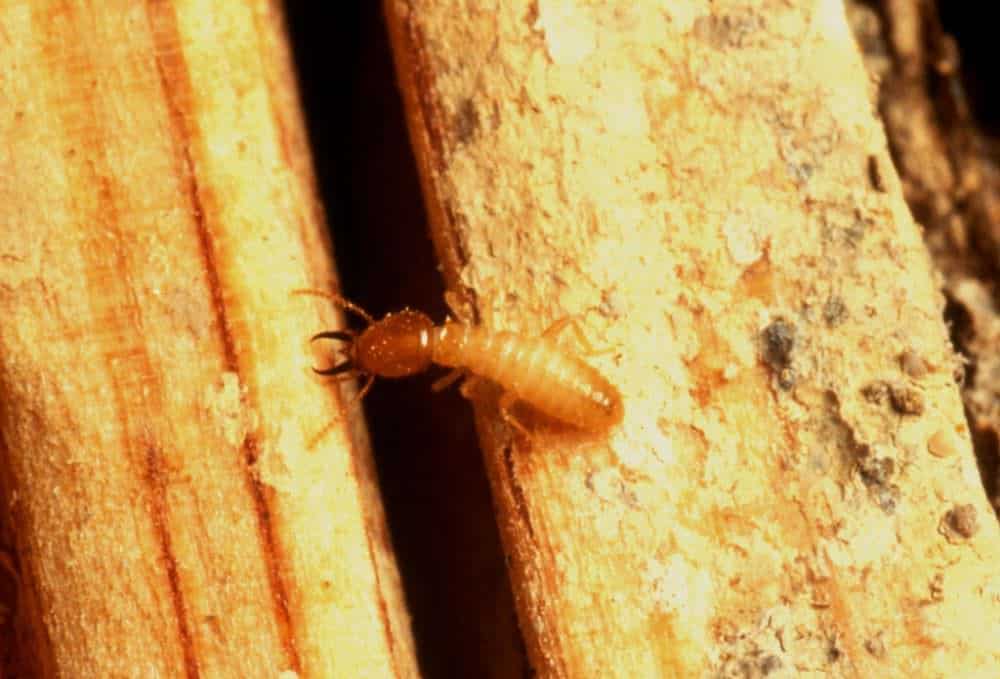
Both worker and soldier termites rarely leave the colony. Unless you expose their area directly, you aren’t going to come across them. Even if you do expose a colony, non-flying termites are slow moving and not prone to attacking people.
That being said, if you were to unearth soldier termites, they are programmed to protect the colony. Encountering soldier termites may put you at risk of being bitten.
A termite may bite if it feels threatened or if it feels the colony is at risk. If food is scarce, there is also an increased risk of being bitten by termites. You can take solace, though, in knowing that termites exclusively eat cellulose and any bite from hunger is borne out of desperation. Termites will quickly determine that you are inedible.
The termites you are most likely to see—the flying termites that are ready to expand the colony—generally don’t pose a biting risk. These termites have a short lifespan and are truly focused on their mission. While their wings may be intimidating, their flight ability in no way heightens their aggression.
Will Termites Bite Pets?
Once you’ve assessed the minimal risk termites pose to you, you may be wondering if your pets can be bitten. After all, while you won’t be sticking your nose in a rotting wood pile, you might not be able to say the same about your pet.
Unless your pet manages to unearth the colony, it is just as unlikely to encounter the soldier termites as you are. If your dog or cat manages to reach the inner portion of the colony, then they may be susceptible to bites.
Such exposure can happen, but in my experience, it doesn’t usually take place in the house. Unearthing a termite colony is most likely to happen while a pet is outdoors. If you have an enclosed outdoor space where pets spend time with minimal supervision, take action to reduce their chance of encountering termites.
First, make sure there is no debris in the yard that might be harboring termites. Wood piles, diseased trees, and old sheds are all havens for termites. Removing them from the premises will lessen the likelihood of your pet discovering termites in the yard.

Cleaning up these problem areas will provide your pets—and you—additional benefits, beyond the lack of termites. These compromised sources of wood are just the kind of spaces where ticks and other bugs like to hole up, as well.
I am all about prevention as the key to living pest free. If you’ve done everything within your power to avoid a termite infestation, you may still find yourself with one. If this happens, the next step is to create a treatment plan.
As a pet owner, it’s logical to be concerned about your pets and whether or not they’ll be bitten by termites. When it comes to termites and pets, though, you should mostly be concerned with how you plan to address your pest problem. Not every termite treatment is safe for pet exposure. Even those treatments that are considered safe usually require a period of time between application and a pet’s exposure.
Remember, your pet is closer to the termiticide or insecticide you use—and more likely to explore the world with their nose and tongue. Make sure you’ve selected a pet-safe product before moving forward with your treatment plan. Fido will thank you.
More information on pets and pest control options from a licensed veterinarian can be found here.
How to Treat Termite Bites
If you do find you’ve been bitten by termites, here’s what you need to know. First of all, I wish I could tell you the bites are painless, but there can be pain associated with bites.
You may experience some mild burning. This is from your body’s reaction to the termite’s specialized saliva. Wash the bite well. It may be red and slightly inflamed, like a mosquito bite. If it itches, you can apply hydrocortisone cream.
Like any other wound, you need to keep the area clean and avoid scratching it, even if it itches. Some people are sensitive to bug bites and a hydrocortisone cream may not be enough. If that is the case, an oral antihistamine can help alleviate any discomfort you are experiencing.
The bite should heal quickly. If it persists beyond a few days, or dramatically worsens, seek medical attention.
While there are no known diseases carried by termites that can pass to humans, it may not be a termite bite after all. It’s worth ruling out any other health concern.
If you are treating your pet for bites, it’s important to discuss with your veterinarian an appropriate dosage of an approved antihistamine. Pets come in all shapes and sizes, so don’t assume that one sized dose suits all. Oatmeal shampoos and topical treatments may also be recommended for the affected area, especially if there are multiple bites.
How to Prevent Termite Bites in the Future
The best way to avoid termite bites? I’m going to be honest—it’s to avoid a termite problem. I know you’ve heard me say it often enough here in these articles, but it always bears repeating. Preventing a termite problem in the first place is your best course of action.
If you even think there’s a possibility that you have termites living in your home or surrounding structures—don’t wait. The longer you wait to address termites, the more established they’ll become. This will make it more difficult to rid yourself of the colony. As the colony grows, the termites will continue to do damage to your property.
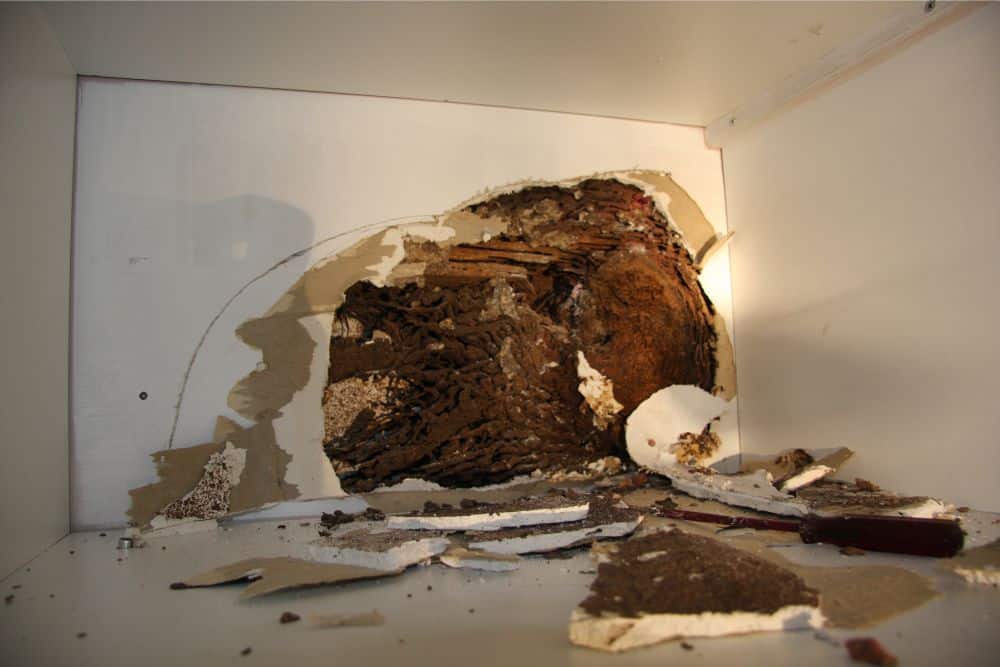
Larger or multiple colonies can mean a greater financial burden when it comes to repairs. Even in the event that the repairs don’t cost you more money, the compromised wood will remain susceptible to pest invasion. Once you’ve had a pest invasion, you are more likely to see another.
Do you believe your house and property is termite free? That’s great—you want it to stay that way. There’s no harm in treating your home prophylactically to prevent termites from setting up shop. Use a product appropriate for maintenance-level care, and termites will continue to be something you don’t need to worry about.
If it’s too late to prevent the arrival of the termites, here’s the next best way to avoid being bitten. Don’t involve yourself directly in their colony. If you have an exposed colony that needs to be treated directly, you may need a professional.
There are effective treatments you can apply on your own. However, a large-scale issue will likely resolve more quickly when executed by a pest control professional.
If you follow the preventative steps here, you’ll be well on your way to avoiding an infestation.
Bite-free and Pest-free
Being bite free starts with being pest free. There is no denying that termites do have the capability to bite. If you find yourself with a termite problem, there’s no way to avoid the possibility that you—or your pet—may be bitten.
Know you have termites? Plan on eradicating the problem. Hoping that the issue will resolve on its own is not an approach I recommend.
Do your research and choose a treatment plan you’re comfortable with. I recommend that you consider bringing in a professional if the problem has gone beyond a small colony. There are plenty of options. I promise one will work for you.
If you don’t have an active infestation—well, that’s just great news. Keep it that way by doing regular, preventative home and yard maintenance. Prophylactic maintenance treatments can provide additional defense against pests.
Termite bites don’t need to be something you have to worry about. If you have a pest problem and need more help or information, I’m always here to help. Have a look at the other articles posted on this site for more information on pests and how to handle them.

